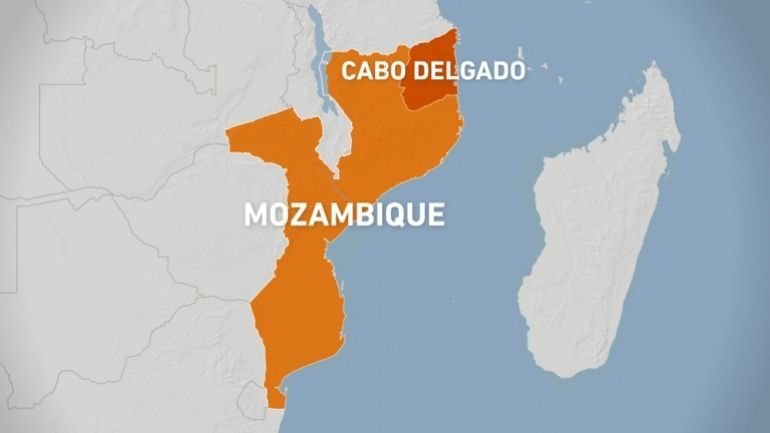Mozambique: Insurgents Are Regrouping, Planning More Deadly Attacks in Cabo Delgado

- The SADC has warned that insurgents are regrouping for more coordinated attacks.
- Professor Adriano Nuvunga has called for regional body to use dialogue and integrate locals as actors, not victims.
- Piers Pigou from the Crisis Group says the SADC and Rwanda should coordinate, otherwise there's a long way to go.
While the Southern African Development Community (SADC) has noted considerable gains in Cabo Delgado, there are genuine fears that insurgents have withdrawn to regroup and are planning rejuvenated attacks.
In an interview with News24, Professor Adriano Nuvunga - the Director of the Centre for Democracy and Development (CDD) and part of the Steering Committee of the Mozambique Human Rights Defenders Network (RMDDH) - warned the SADC not to relax because insurgents could strike at anytime.
"The insurgency is not yet neutralised. The violent extremists are regrouping, launching attacks from several parts of Cabo Delgado and they are also expanding to neighbouring province Niassa where they have launched significant attacks," he said.
READ | Special SADC force has neutralised insurgents in Mozambique, says Ramaphosa
SADC sent in its Standby force into Mozambique's gas-oil rich Cabo Delgado in July last year, a month after Rwanda sent in troops.
At the onset of the SADC Mission in Mozambique (SMIM), Nuvunga said the insurgents were disbanding. However, six months later, they had changed their strategy.
"At the beginning of the deployment, we saw violent extremists disbanding. Now we have seen them regroup and move in terms of recruitment," he added.
SADC heads of state and government gathered in Malawi on Wednesday agreed to fight the insurgents with "equal measure", and expanded the SMIM by a further three months.
Q&A | Behind the rise of Islamic extremism in Africa, their propaganda systems and dress code
Play Video1m 58s

Southern African leaders hail Mozambique security mission
South African President Cyril Ramaphosa, who chairs SADC's defence and security council said there had been 'significant progress' in tackling a militant insurgency in northern Mozambique
But Nugunga said a key element missing from SADC's mission to quell attacks in Cabo Delgado was dialogue.
"It should be expanded to cover other areas. One of the missing areas is the issue of dialogue. Dialogue means moving from a solely militaristic approach to a governance-centred complement. It goes beyond development to a more community-centric security strategy, where the local populations move from being victims into actors of development - bottom-up initiatives - having their views, perspectives as to what is happening to lead the policy response," he said.
Piers Pigou, the Crisis Group's senior consultant for Southern Africa, told News24 that the SADC should address its financial constraints in Cabo Delgado if the regional bloc was to push a sustained operation over the next three months.
He said:
The immediate challenges for SADC relate to financing their deployment, which continues to constrain the extension or consolidation of intervention beyond the advance deployment of Special Forces. This is constraining potential impact.
Pigou warned that the conflict in Cabo Delgado could last for years to come because of an apparent disconnect between the joint SADC forces and Rwandan forces.
"There appears to be a disconnect between the joint forces, there's no adequate intelligence sharing or strategic coordination. This was evident from the separate meetings, you saw the joint security chiefs meeting of Rwanda and Mozambican security chiefs meeting in Kigali on Sunday and Monday, and then Tuesday, Wednesday there was the SADC meetings. Mozambique is the common denominator and they should be informing each other on these kinds of issues," he said.
It's estimated that at least 3 500 people have died and close to a million have fled their homes since the attacks by islamic extremist groups started in 2017.
